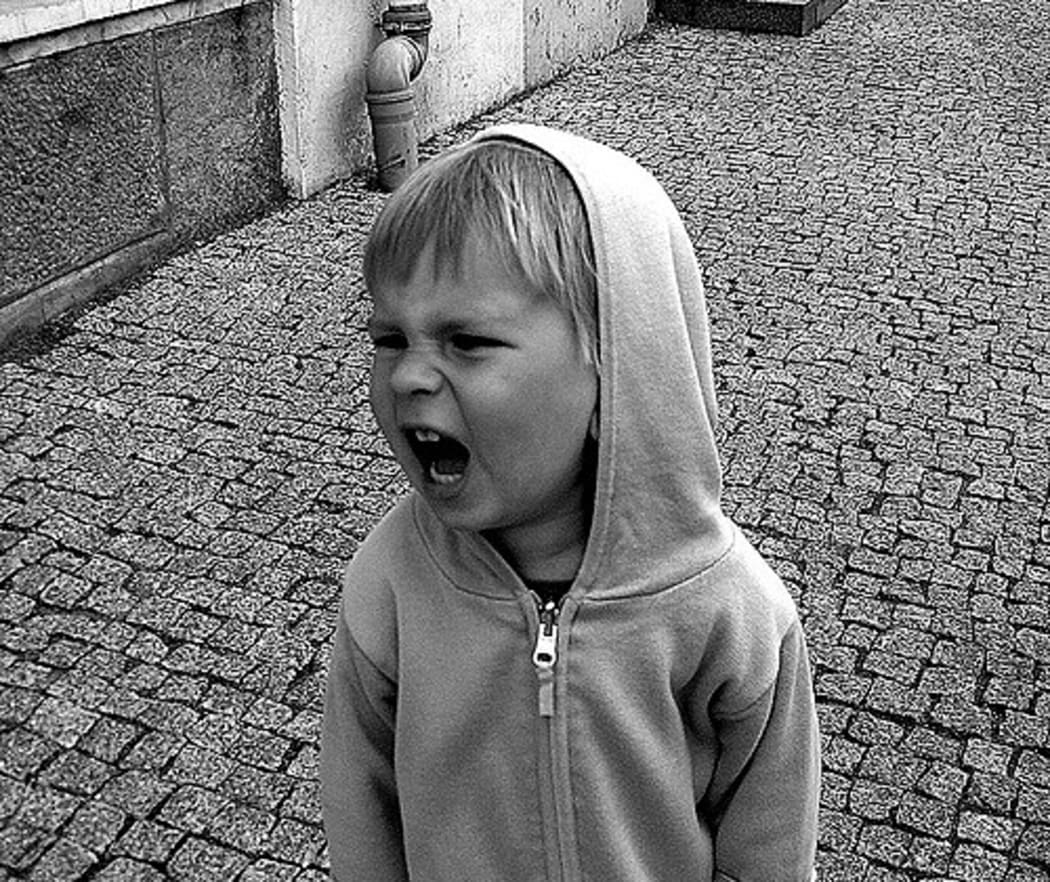Most children go through emotionally difficult periods – commonly the 'terrible twos' and early adolescence – but some react with escalating anger and opposition to discipline practices which are usually effective for other kids.
These children are having a hardwired overreaction which is beyond their control, education consultant Joseph Driessen, says.
He talks to Kathryn Ryan about how parents can help break the escalation cycle.
An overdeveloped fight-or-flight response can be the result of genetic predisposition, trauma from a high-conflict home life, bullying, upheaval or neglect, but whatever the cause, children who act out angrily want the same things as any of us – love and safety, Driessen says.
First off, don't blame them. Accept that their challenging behaviour is at its core self-protective and recognise they need your help to change it.
Second, accept that the strategies which may work when disciplining other children – such as raising your voice and timeouts – will only make things worse so you need to take a different approach.
Thirdly, when your child is becoming oppositional, calm right down. Any hint of anger, coercion or emotion can trigger the child's fight or flight response, Driessen says.
"Be completely calm, completely loving. That is so counterintuitive. You've got this very naughty child, this crazy child … is that possible? Only if you do one and two."
After an outburst, wait for a time when you can have a calm discussion with the child about their experience of what happened.
Talk to them about how you can together prevent it happening again, which can include them giving you a signal when they're getting angry.
Research shows that most children feel remorse when they realise they're behaviour is keeping them offside, Driessen says.
Ask them for suggestions of what they can do to make it up to the family.
By responding to your child's anger this way, gradually they'll be reoriented away from fear and anger, but it can take up to six months, he says.
"You're reprogramming a biological computer – and that is not instant."
Unfortunately, many couples counter each other in parenting – often one parent with a more authoritarian style believes the other is indulgent – and for this approach to work, consistency is paramount, says Driessen.
"Everybody needs to do the same thing, everybody needs to be calm and give the same message."


